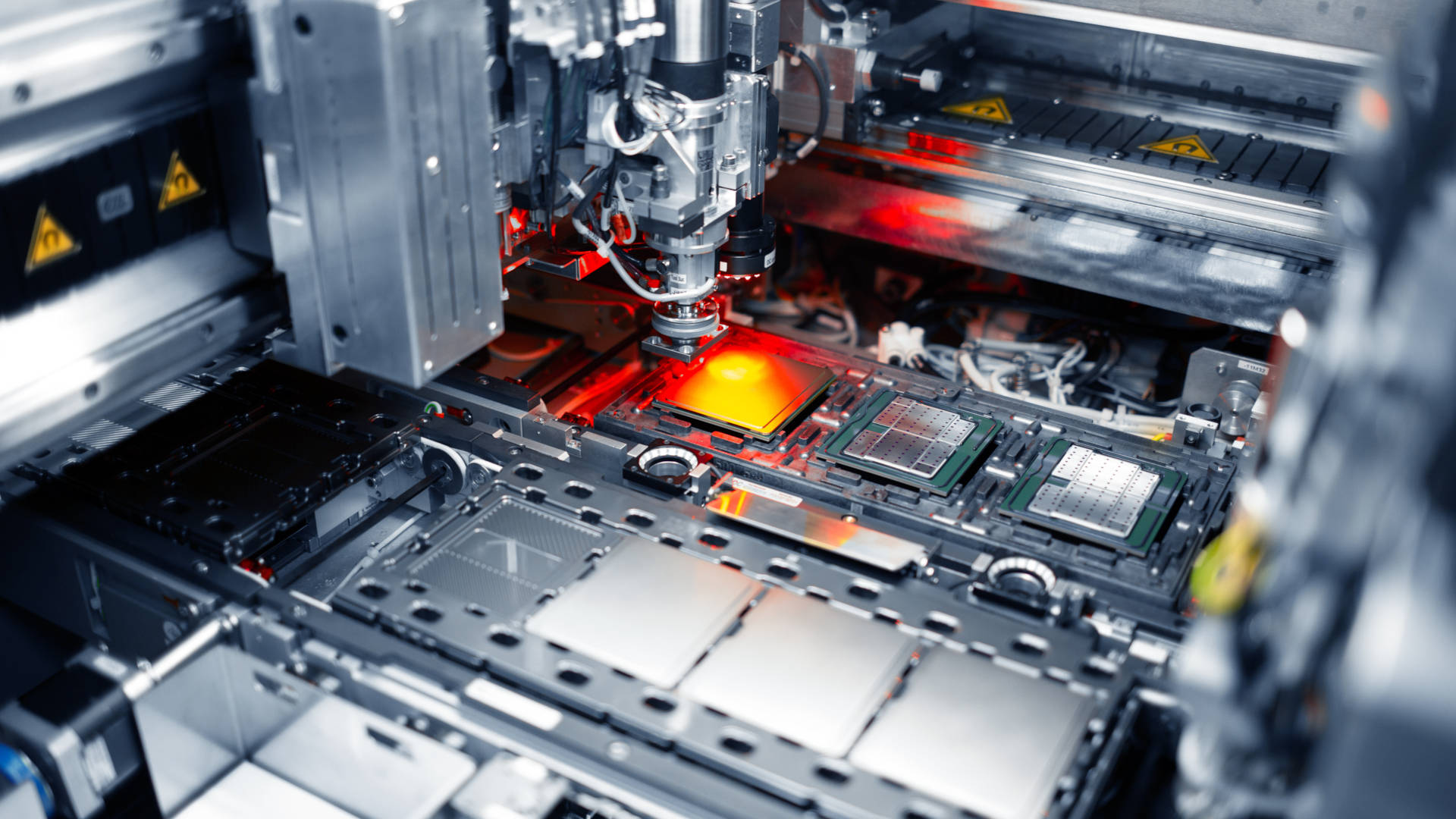
Intel's struggles have been going on for so long that this was kind of inevitable. But it's still somewhat notable that it's happened. The first somewhat substantive rumour that the company is giving serious thought to spinning off its chip production fabs has emerged.
Business news outlet Bloomberg is not a font of infallible wisdom. Not everything it reports always comes true. But it's a major news outlet, and very well connected.
With that in mind, Bloomberg reports that Intel is currently weighing up the pros and cons of spinning off its fabs. In other words, Intel is considering whether it should sell the factories that make all of its CPUs (well, that used to make all of its CPUs before those fabs ran into troubles and Intel was forced to ask TSMC to make some of its chips, like Lunar Lake).
Intel would then be more like Nvidia and AMD, companies that only design chips and do not actually manufacture them. Actually, it would be very much like AMD, since AMD once had its own fabs and then sold them off into a separate entity known as GlobalFoundries.
GlobalFoundries remained a major manufacturing partner for AMD for a time after the spin off. But fairly quickly, GlobalFoundaries fell ever further behind in terms of chip manufacturing tech. Today, the two chiplets in a Ryzen 9000 CPU are made by TSMC, while GlobalFoundries' most advanced node is 12nm and it has been reduced to making cheaper legacy chips largely for non performance-critical applications.
Anyway, Bloomberg claims that Intel has its bankers Morgan Stanley and Goldman Sachs working up various spin-off scenarios for its fabs which will be presented to the Intel board as soon as September.
Again, this is all rumour and even if it's accurate these are mere options being considered, not a fait accomopli for the fabs. But if we are to believe Bloomberg, Intel may have decided to essentially dump its fabs in a month's time.
Will that happen? Who knows. Arguably, the most interesting aspect of all this is what it says about how serious Intel's problems have become that the idea of spinning the fabs off has become subject of serious speculation.
When long-time Intel loyalist Pat Gelsinger returned to run the chip maker back in 2021, one of the key pillars of his plan to turn Intel around was to reinvent Intel's manufacturing facilities as customer fabs making chips not just for Intel itself, but for external customers.

Best CPU for gaming: The top chips from Intel and AMD.
Best gaming motherboard: The right boards.
Best graphics card: Your perfect pixel-pusher awaits.
Best SSD for gaming: Get into the game ahead of the rest.
The fabs were separated off into a business unit now known as Intel Foundry, with the remit of being a going concern in their own right. To date, Intel has talked a good game about winning new customers for the fabs, and has succeeded with customers such as Arm. However, the foundry unit has been losing billions of dollars each and every quarter, with the most recent quarterly loss increasing to $2.8 billion from $2.5 billion in the first quarter of 2024.
Intel would argue that it is currently in an investment phase as it builds towards making its upcoming 18A chip production node into a major competitor to the dominant player in advanced customer chip production, Taiwan's TSMC. But equally, the losses can't go on forever.
Nobody knows how this will all play out. But if Intel does sell its fabs, it will become a very, very different company. It's impossible to predict if that will be a good thing for Intel, let alone for the PC and PC gaming. But if it does happen, you can stick a pin in this story and say it all started here.







